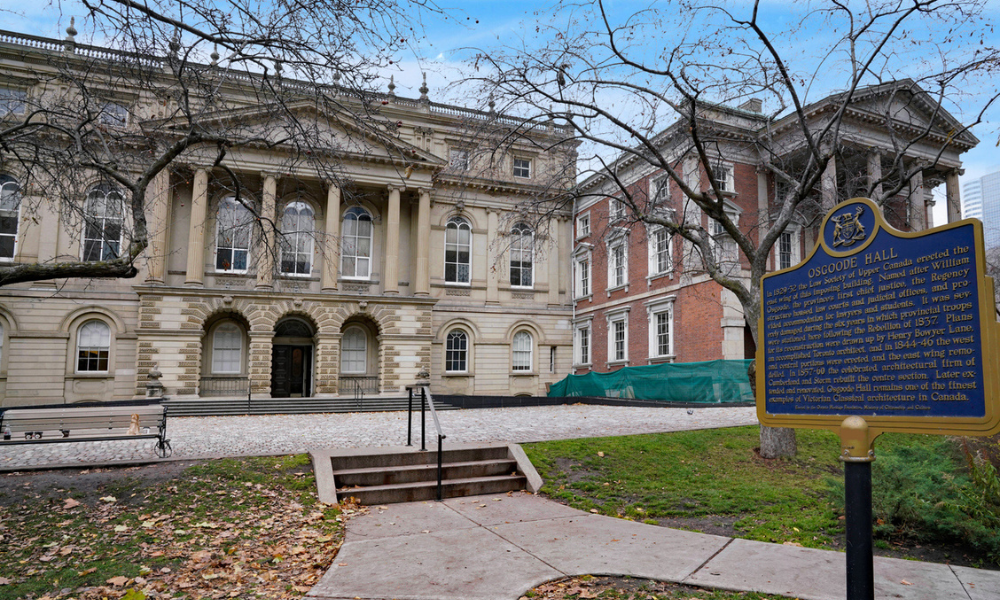The court found that denying the motion would cause significant prejudice to the defendants

In a recent ruling, the Ontario Superior Court of Justice granted a motion by defendant physicians for an extension of time to serve expert reports in a medical negligence case.
The lawsuit involves a laparoscopic cholecystectomy procedure performed on Michael Quinn in October 2017. The court’s decision, stemming from a procedural oversight, has allowed crucial expert analyses to be submitted late despite opposition from the plaintiffs.
The defendant physicians, Dr. James Rogers and Dr. Paul Faulkner faced a motion challenge after failing to meet the original deadline for submitting their expert reports, which was crucial for their defence in an upcoming jury trial. The plaintiffs had opposed the extension and sought to exclude the late-served reports at trial, emphasizing the strategic disadvantage imposed by the delay.
The court's decision was influenced by several factors, including the adherence to Rule 53.03 of the Rules of Civil Procedure, which dictates the timing and service of expert reports. The rule requires that responding expert reports be served no less than 60 days before the pre-trial conference. However, the defendant physicians missed this deadline, serving their reports 19 days late, which they attributed to an inadvertent error in scheduling the pre-trial conference.
The court reviewed the circumstances surrounding the late service, acknowledging the affidavit from the defendant's counsel, which cited confusion over the pre-trial conference date as the cause for the delay. The unchallenged affidavit stated that the reports were ready well before the deadline but were not served due to a mistaken belief about the schedule.
In considering the motion, the court evaluated the potential prejudice to the plaintiffs, who argued that the delay disrupted their trial preparations and could complicate settlement discussions. However, the court found that the actual prejudice could be mitigated through adjustments in trial preparation and potential adjournments.
Furthermore, the court noted that denying the motion would cause significant prejudice to the defendants, potentially impacting the quality of their defence. Given the medical nature of the case and the importance of expert testimony in clarifying the issues of liability and damages, the court found it crucial to allow the late-served reports.
Ultimately, the court granted the extension, permitting the service of the expert report. The plaintiffs were also allowed to file and serve reply reports at least 48 hours before the trial commenced.








